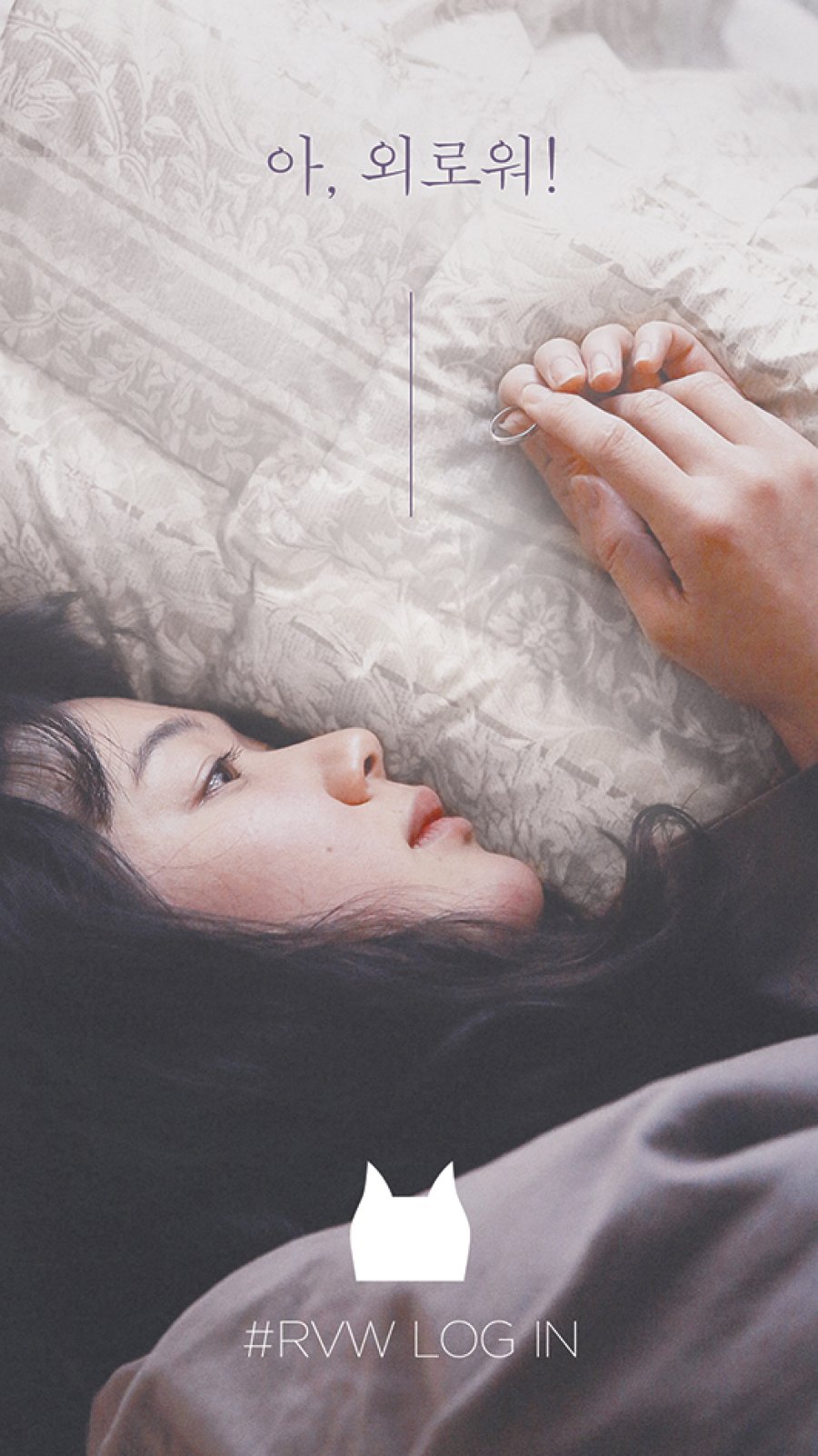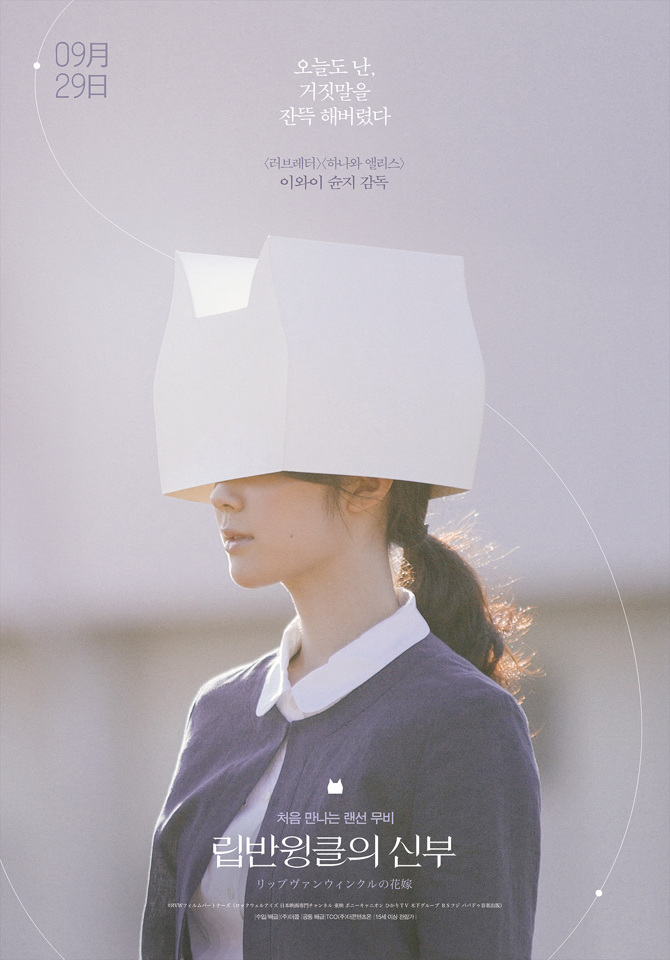The Bride for Rip Van Winkle (J-Movie Review)
- Drama Banter

- Nov 25, 2021
- 3 min read
A friend recommended this movie based on my fascination with the Korean drama Human Disqualification (Lost). They figured I would appreciate it. To say that The Bride for Rip Van Winkle is a dreary, but mostly compelling three-hour long movie about the perils of social media and role-playing is an understatement. The story is about a painfully shy school teacher, Nanami (Haru Kuroki), who is mercilessly teased by the students at her school. Her boss doesn't support her, and many people in her life, including her family, talk over her, and/or treat her like she's invisible. It's then not surprising that when she meets Tetsuya (Gô Jibiki) through Planet, a lesser-known social media site, she quickly agrees to be engaged to him. Or that, when Tetsuya pressures her to invite more family and friends to their wedding, she feels deeply embarrassed and uses a role-playing service company to act as her family members.
What is surprising is the quickness with which Nanami finds and becomes attached to Amuro (Gô Ayano), a dubious role playing service employee who helps her with her wedding situation, hiring actors to pretend to be her family and friends. Nanami and Amuro's troublesome relationship gets even more unsettling when she discovers a pair of women's earrings in her bedroom. She consequently pays Amuro to follow Tetsuya, and confirm her suspicions of infidelity. But Amuro, as we quickly discover, is mainly responsible for scheming to separate Nanami from Tetsuya. Nanami and Amuro's friendship gets creepier as the movie unfolds, and the strange thing is I am not even sure why, the movie never really gets into that.
I found it difficult to get through the first part of the movie. The way the story unfolds left me feeling like I missed the point from the reveal that Amuro played Nanami the whole time through every major event in her life. Everything that happens to her after she meets Tetsuya, Amuro planned. But the weirdest part is Nanami never suspects Amuro despite the many little coincidences and odd changes that kept happening to her around him. Not even when her circle of friends is almost nonexistent, does she suspect anything wrong. I found that hard to accept that even when his actions force her to live in a hotel, does she question his behavior or more find she was losing herself, becoming more dependent on him for work and companionship. I just couldn't connect to Nanami, nor feel much empathy for her for letting her situation get so out of her control.
But the truth is understanding one's behavior is a matter of perspective. I started to think maybe Amuro personified the inescapable role social media plays in many of our lives, the same as how Facebook, Instagram, Twitter, or any other form of social media can influence and encourage random behaviors from role-playing, to online dating and friendships, but even with that I still couldn't understand how Nanami's dependence on him wasn't the focus of the film? She simply gives so much of herself without question or even attempts to gain some insight into her situation. In many ways, the more I ponder these questions, the more I am convinced the fault lies in me for not finding the message I so badly wanted to find in a movie that probably didn't have one or probably did, but I simply missed it. Maybe the drama was more about Nanami than anything else.
I left this movie feeling like a group of talented filmmakers, writers, and actors, some how tricked me. I didn't recognize any reality in the story and thus couldn't relate to it. I do, however, know that the movie made me feel miserable. It's not a film I'm going to forget anytime soon. Nor will I forget how Nanami loses herself more and more as the story unfolds. The movie poster likens Nanami to an ostrich, burying her head in the sand when scared or threatened. But as I read that description, I reckon maybe I mistakenly depict her as burying her out of fear, a commonly erroneous belief, since ostriches bury their heads not out of fear, but to avoid danger, and maybe that's the message. She isn't avoiding the act of being observed, but the danger that comes with it. But she doesn't do a good of it. Either way, all the performances were engaging, with a fine balance between Kuroki’s weak appearance and Cocco’s brash attitude, but it’s Ayano who held my attention. For that, I recognized Amuro as a talented actor, for convincingly depicting Ayano, whether as a friend, confidant, role-player, or deceptive acquaintance. Don't let my review deter you from watching it though, I believe every film deserves its own perspective.












Comments